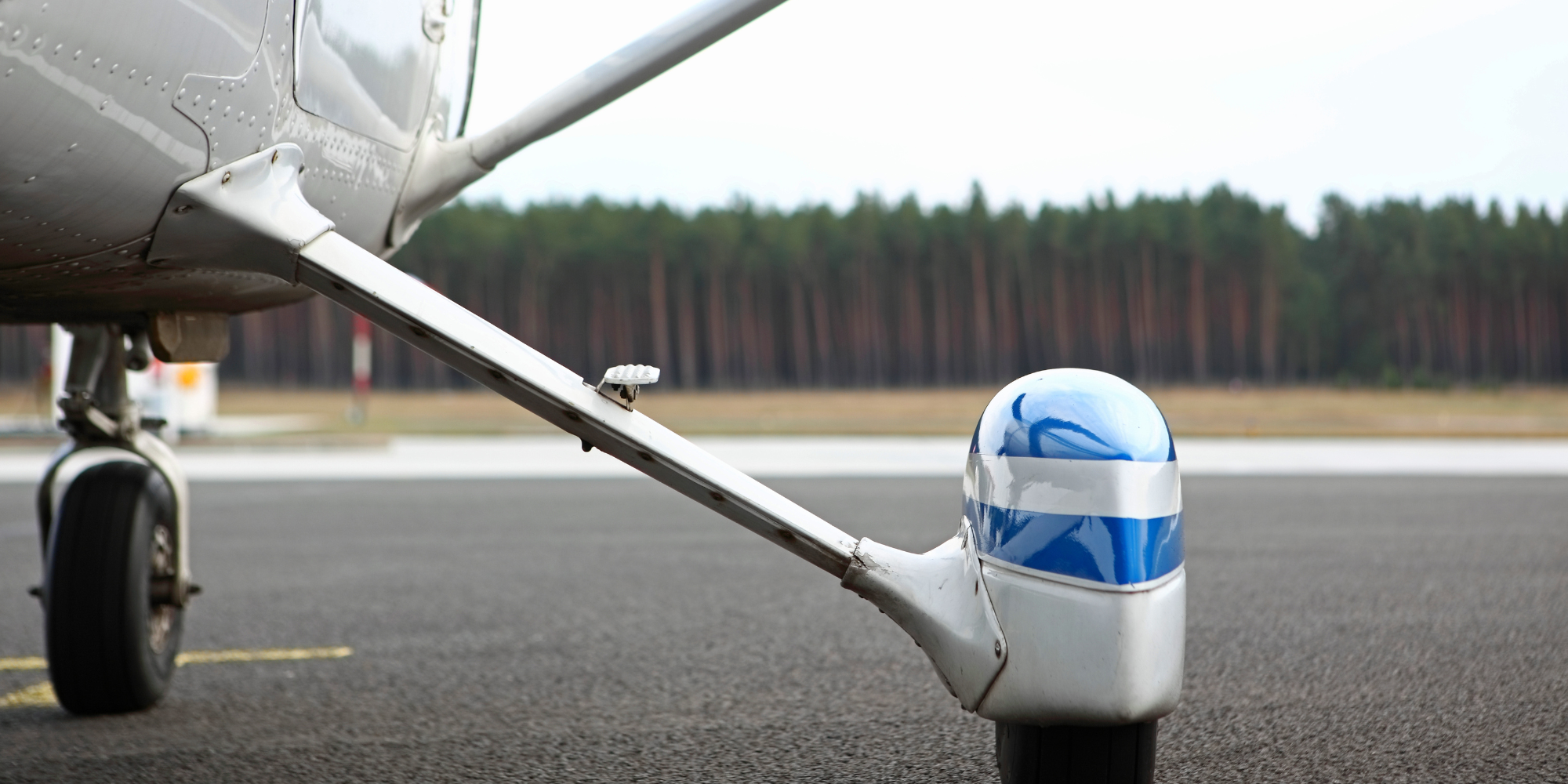Update as of 7/24: On July 20, the FAA Reauthorization Bill passed the House of Representatives. It now awaits a vote in the Senate.
The reauthorization of the Federal Aviation Administration’s (FAA) programs in Congress began in June with a smooth takeoff when the House Transportation Committee passed the bipartisan Securing Growth and Robust Leadership in American Aviation Act (H.R.3935). Before the House markup, Republican and Democrat Committee leaders in the House and Senate had reached a general agreement on the bill spending and policy in hopes of clearing a final bill before the September 30th deadline for reauthorization.
Unfortunately, like more flights these days, this bipartisan legislation hit turbulence in the Senate. Major disagreements over flight training requirements for pilots and slot changes at the airport closest to the nation’s capital have held up the Senate Commerce Committee’s consideration of their released bill.
Congressional Context
Due to the prolonged Speaker votes and debt limit negotiations earlier this year, Congress is working with limited floor voting time this year for typical legislation like the FAA reauthorization. Considerable time is also needed for appropriations bills, which typically traditionally have priority. The bipartisan, bicameral agreement was a chance to pass the FAA reauthorization bill as quickly and innocuously as possible despite recent challenges that made national and international news. Congressional Committees had to handle several aviation emergencies off-cycle such as COVID airport closures as well as airline and aviation manufacturing technology failures.
During the COVID pandemic, Congress provided both support for airports and also airlines which received close to $54 billion in federal support. By comparison, the largest of the federal airport formula funds is the Airport Improvement Program, which will only reach $4 billion with this reauthorization.
The House and Senate have also had to deal with an aircraft manufacturing safety scandal with Boeing and the FAA, a Southwest flight and crew scheduling failure during the late 2022 holiday season, and even now hundreds of flight delays and cancellations this summer. Because of these issues, the U.S. Department of Transportation used their oversight authority to create a Consumer Dashboard which sparked debate about consumer protections and regulatory burdens. Additionally, FAA has seen an unprecedented number of close calls of mid-flight collisions such as in Austin, spurring FAA to take unprecedented action to review their safety protocol in these situations.
Local Issues in FAA Bill
Aviation choices in Congress impact communities across the nation – whether your city operates an airport with frequent landings in your community, deals with airport noise, is looking for better air service and facilities, or is open to new aviation development for advanced air mobility and drones.
This FAA reauthorization is an opportunity that only happens about every few years. That means if your community has requests, now is the time to make them clear and join NLC as we advocate for the best bill overall for communities of all sizes.
The National League of Cities has urged Congress to:
- Find appropriate resources for airports to modernize, especially small and regional airports which benefit from programs like the Essential Air Service and the Small Community Air Service Development program.
- Increase efforts to locally plan for new electric taxis and drone uses in the national airspace, on the ground, and above communities with a focus on how to seamlessly and appropriately integrate new fliers into busy skies.
- Decrease conflict and risk with modern air space management because America’s communities deserve a better resolution process for airport noise impacts in this reauthorization before further expansion of low-altitude flight operations that may exacerbate community concerns.
Next Steps for the FAA Bill
The House Transportation Committee advanced the Securing Growth and Robust Leadership in American Aviation Act (H.R.3935) through committee and a full vote is expected on the House floor the week of July 17th. However, given the bipartisan agreement may not be intact, it is unclear if the House Rules Committee may allow more amendments than normal in the House floor proceedings. There were substantial amendments in the House Committee from both sides of the aisle and most were put aside due to the committee chairs protecting the bicameral agreement, and many other members of Congress have raised concerns about airports, airlines and how the traveling public is treated.
The Senate Commerce Committee may also quickly reschedule their markup of S.1939 once they reach agreement among their members. NLC will monitor the House floor vote for key amendments which deserve local support and push back as well as advocate for a Senate bill that encourages a balanced perspective on key issues for local governments.
Share Your Local Views
Join NLC in asking Congress to consider the impacts of aviation programs to our local airports and communities in their district and consider carefully how this legislation can be improved. Use the form and draft letter provided here to share your input with your Members of Congress!
Take Action: Send a Letter on Local Aviation Issues to Congress
City Leaders on Aviation: Join NLC’s Aviation Advisory Forum on Air Mobility and Drone Integration










